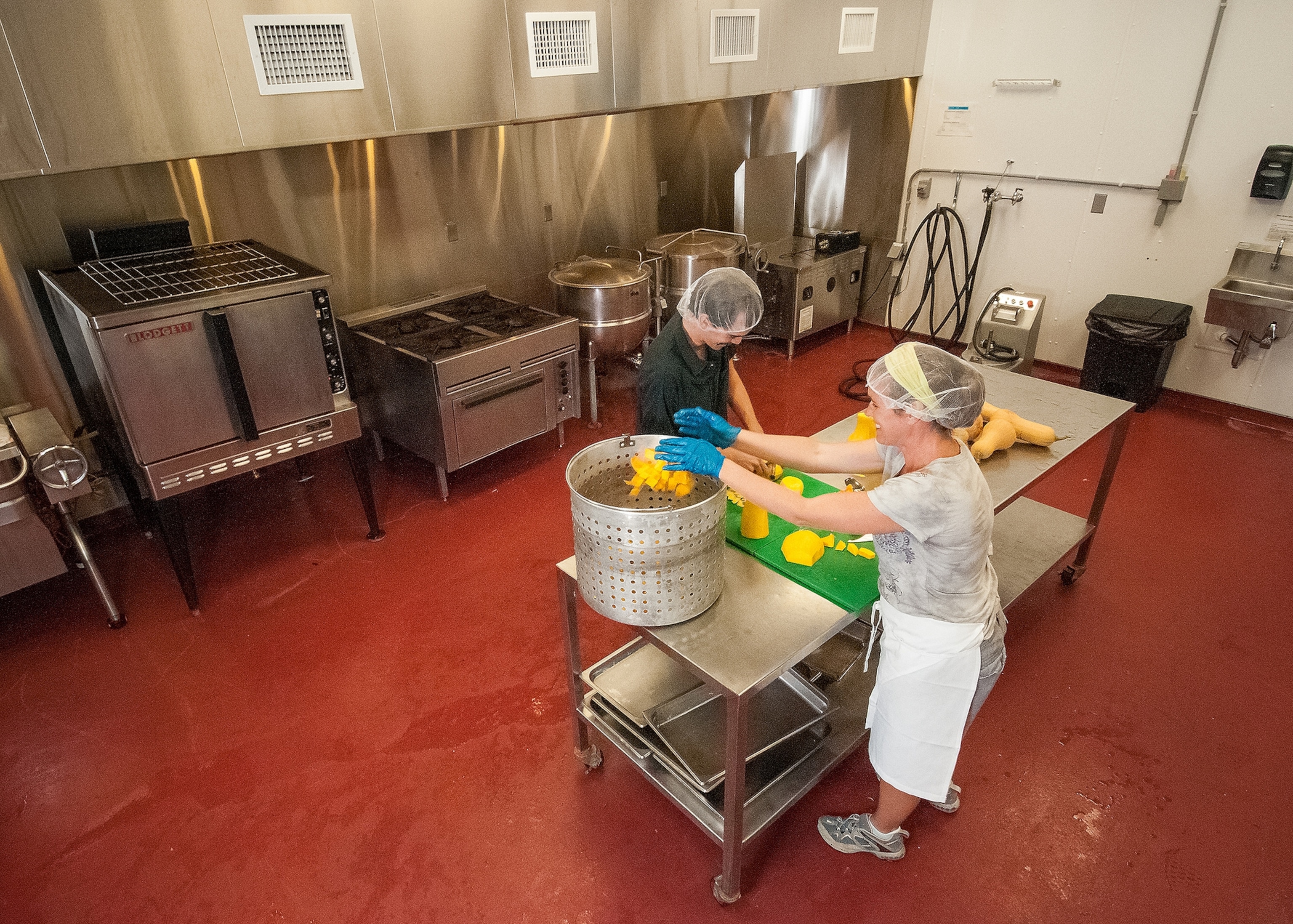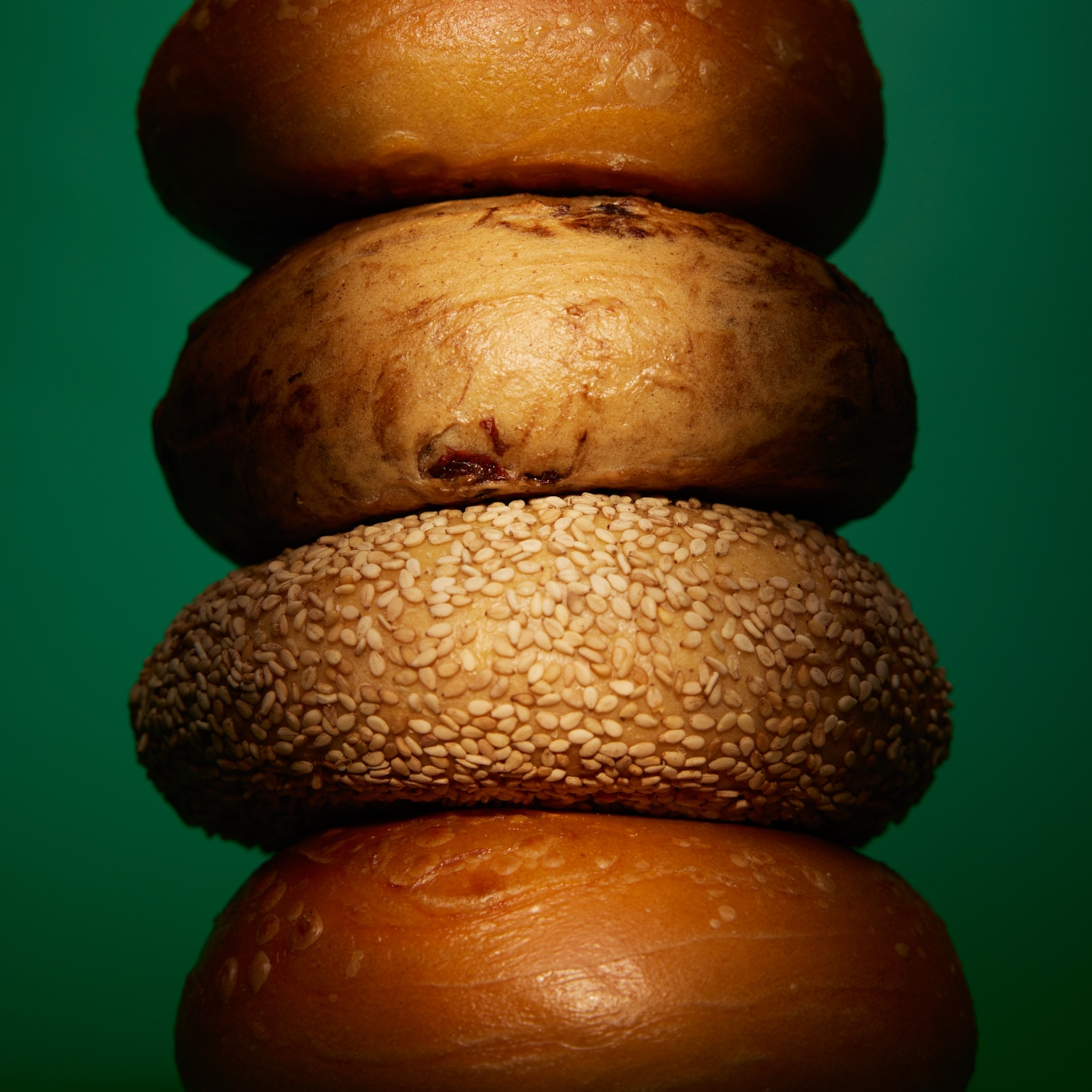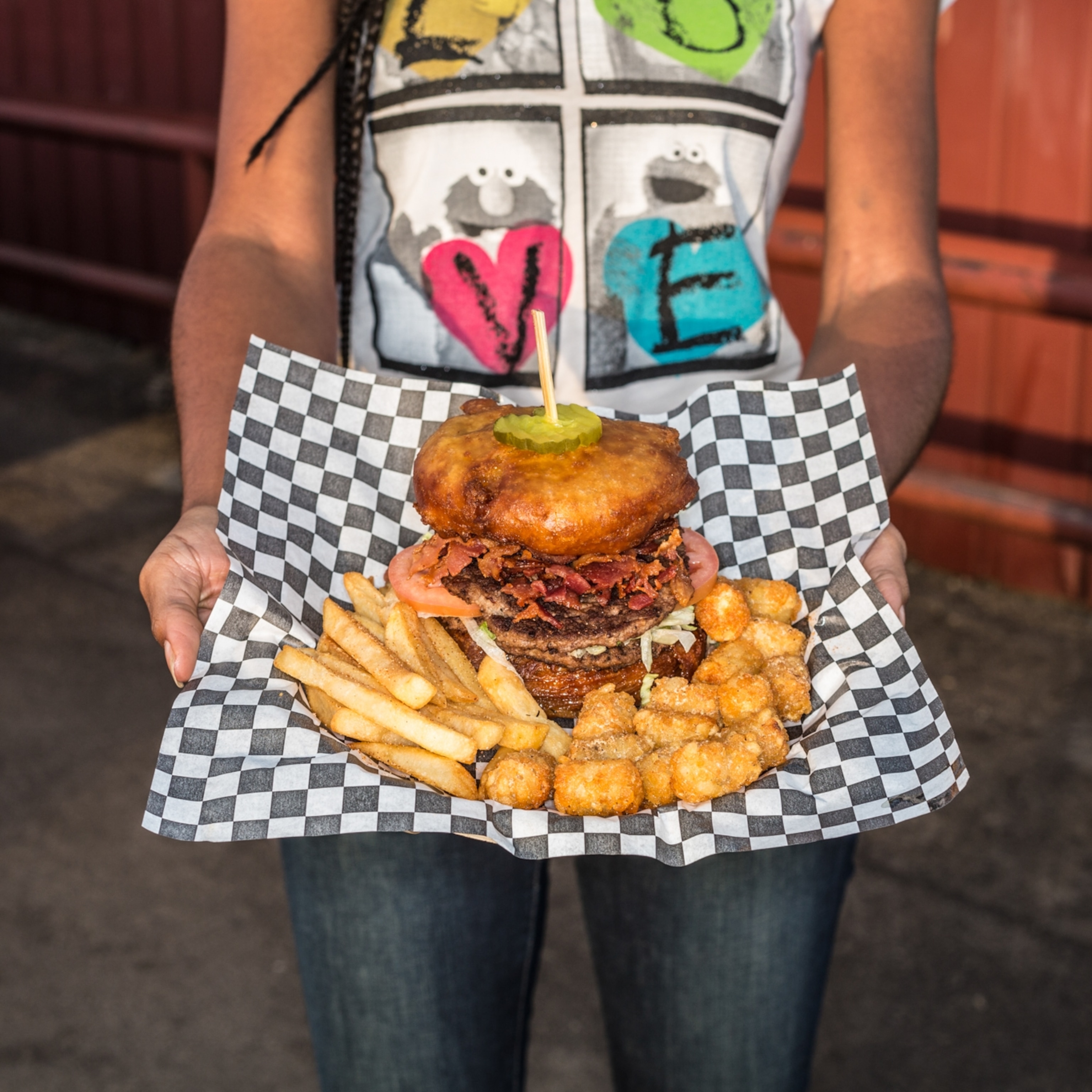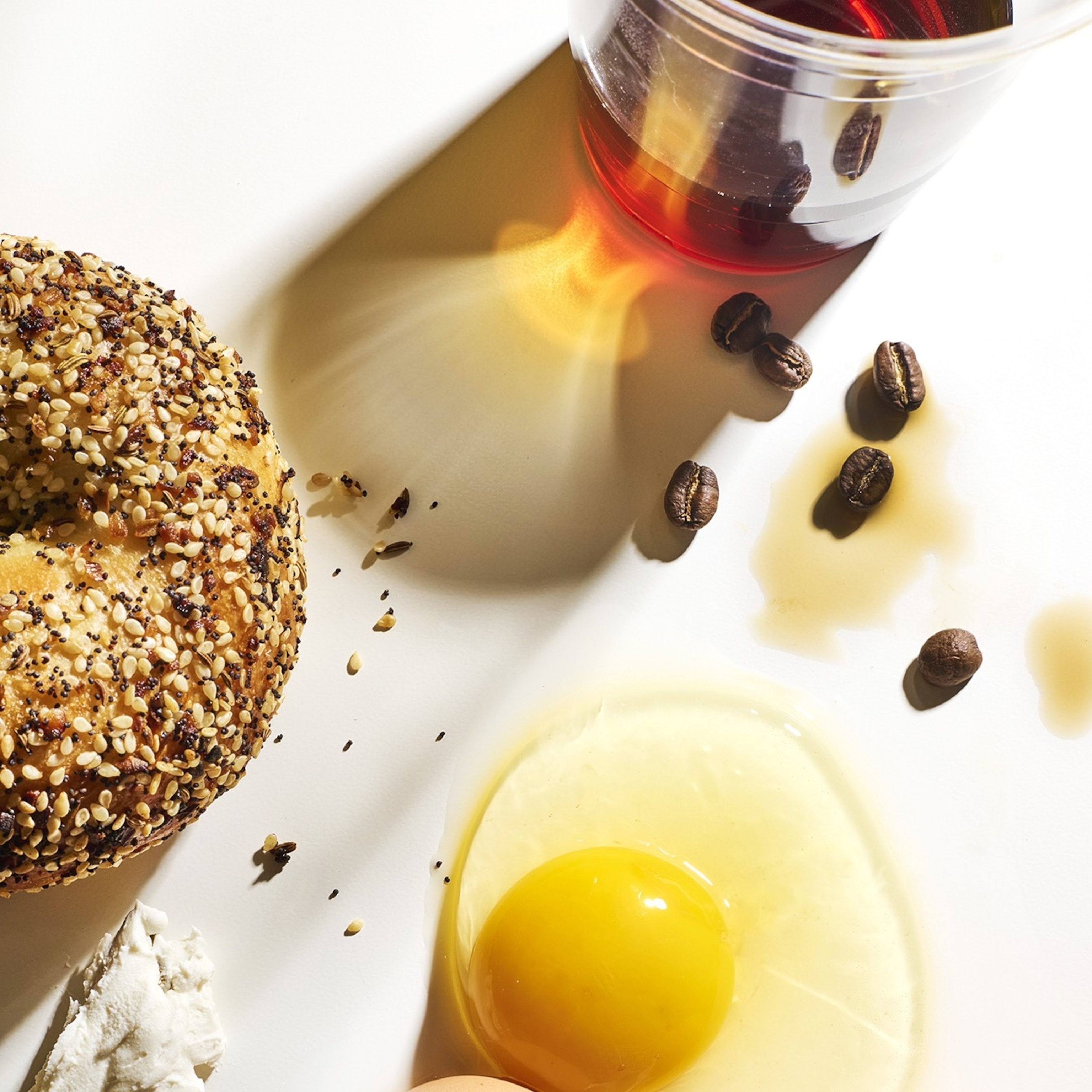
Food Business 2.0: Accelerating the Entrepreneur
It’s a good time to be a food entrepreneur. Just a few years ago, starting a food-related small business required fraternity-like connections in the culinary world, whether your product was a food technology or a traditional edible. Even the best and most innovative products generated by foodies-with-a-cause–whether receipe-finding Smartphone apps or secret-recipe appetizers–bumped up against the same problem as has vexed small businesses for centuries: How can this make money?
The food cognoscenti can be an insular bunch, opening required infrastructure (such as distribution channels and commercial kitchen space) only to those already within the circle. Then a few years ago, two buzzy words democratized the landscape of American food innovation: incubators and accelerators.
Food business incubators and food business accelerators nurture developing food businesses in ways previously accessible to only the most-connected food insiders. And a food technology accelerator being announced later this month, in association with the World’s Fair on food, will combine great business and not-for-profit minds, perhaps signaling a new era for food business.
Venture capitalists have recently dumped briefcases full of money into businesses that “disrupt” the food system, complementing the food innovation renaissance. But startup money isn’t everything, as any 12-year-old programming millionaire can tell you. Food incubators and accelerators, whether focused on cooking or technology development, all have one goal in common: providing a community of resources to people with ideas of high potential.
The definitions of food incubators and accelerators are just as under construction as the trend. Generally, they are programs that consolidate and provide services from one central location to food businesses. The major categories are independent food business incubators (those that are not associated with large companies) and corporate food business incubators.
Independent food incubators are startups themselves, businesses that provide services to other businesses for a buy-in fee. These incubators in return offer access to infrastructure (marketing experts, a few sporadic hours of kitchen space, high-powered computers) that would be difficult or impossible for a young, small business to access on its own, and usually at a reduced cost. Independent incubators often cater to (and rely on payments from) teensy mom-and-pop (sometimes minus the pop) companies that can be on shaky financial ground, making the whole young, exciting industry seem at times just one slammed-door away from a fallen soufflé.
So many urban food incubators have sprouted up over the past few years, in so many areas of the food world, it’s hard to keep track. The Food Loft in Boston was launched by the Harvard Common Press to support food tech businesses. Findlay Market in Cincinnati just raised $2.5 million for its food incubator, to open in May. In Washington, D.C., there was no public commercial kitchen space for rent three years ago. Now there are two incubator spaces in the city alone, with dozens of members, with a third opening focusing exclusively on underserved business owners. Union Kitchen in D.C., a gold standard in food incubators nationwide, is opening a café for its businesses to serve food and is expanding into a new facility. (Smart small food businesses understand that choosing an incubator is like choosing your first business partner–make sure the financials are solid because in a way you’re partnering with all other food businesses who support the incubator.) Greater Detroit, not currently known for its economic vitality, just launched its first.
Organizations with big money, quick to catch on to an entrepreneurial trend, can provide stability that many startup incubators can’t and services that aren’t available to small businesses at any price. Corporate influence and expertise can accelerate a fledgling food business to warp speed. Chobani, Coca-Cola, Marriott (companies with very different cultures) and other big companies have announced food accelerators aimed at giving already-established small companies a leg up by using the larger brands’ contacts, braintrust, and other resources. In return, the large companies get a glance at what’s happening in innovation and the good graces of some of the best food minds. Coke doesn’t even accept applications—it invites people it is interested in working with to apply to its Founders Program. Chobani will announce its application process soon.
Benefits to a small food-company can be enormous; Coke offers the example of distribution contacts. A small beverage company might not be able to secure precious shelf space on its own, but if Coke intervenes, stores will always provide space, no matter how small the other company is. The potential downsides are risk of the larger company pilfering intellectual property,or the smaller company being branded as a “sell-out” or inauthentic. These are things entrepreneurs lose sleep over when taking venture corporate assistance. (See Season One of HBO’s Silicon Valley, a show a tech friend once described as “freaky accurate.”)
This month, an exciting potential best-of-both-worlds hybrid will be launched in association with the 2015 World Expo (a.k.a. the World’s Fair) all about food in Milan. The USA Pavilion—which was developed with the U.S. Department of State and America’s premiere not-for-profit food education organization, the James Beard Foundation—is teaming up with Microsoft to launch a “Feeding the Accelerator” program. Supported by top communications firm Atelier Slice, the program’s leading organizations will have both vast resources and a public-good perspective and mandate.
To advance the Expo’s theme of “Feeding the Planet, Energy for Life,” the program will “accelerate innovative startup businesses to full-fledged operations while creating a deeper integration between food and technology.” In other words, to nurture food tech business while tending to the world’s needs. The accelerator hopefully will give more space to explore Expo’s theme, as Expo runs only from May through October 2105. The world needs longer than six months to shape and hack the future of food.
When details of Feeding the Accelerator are announced later this month, it may signal a new era—after less than a decade of its development, as eras these days tend to be pretty short—for the food incubator.








